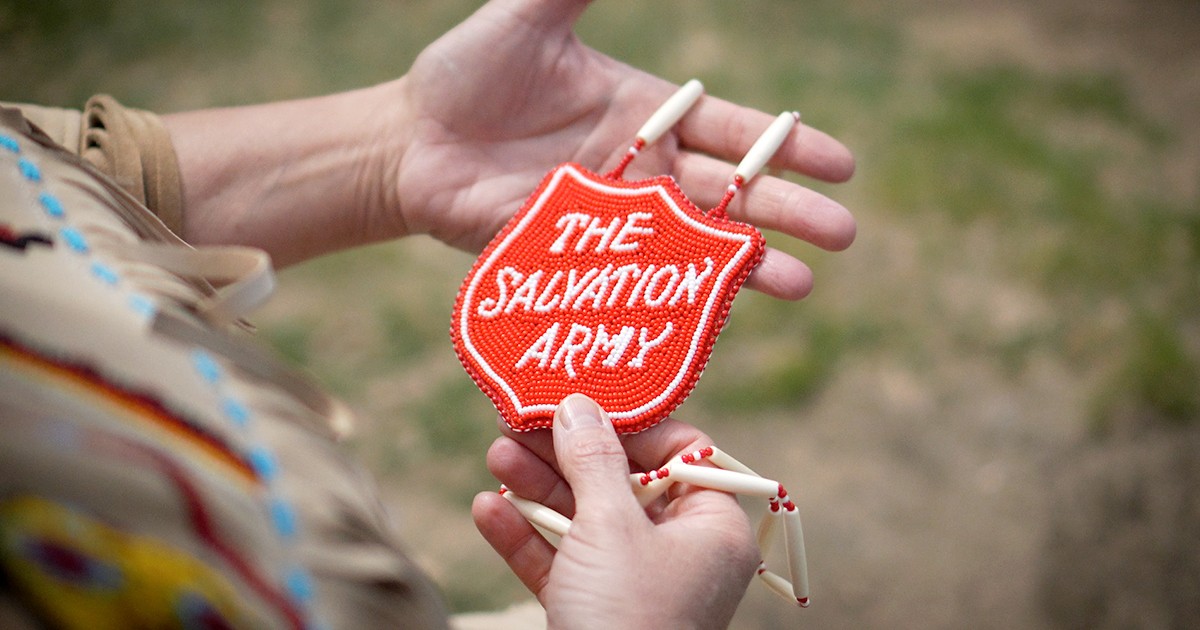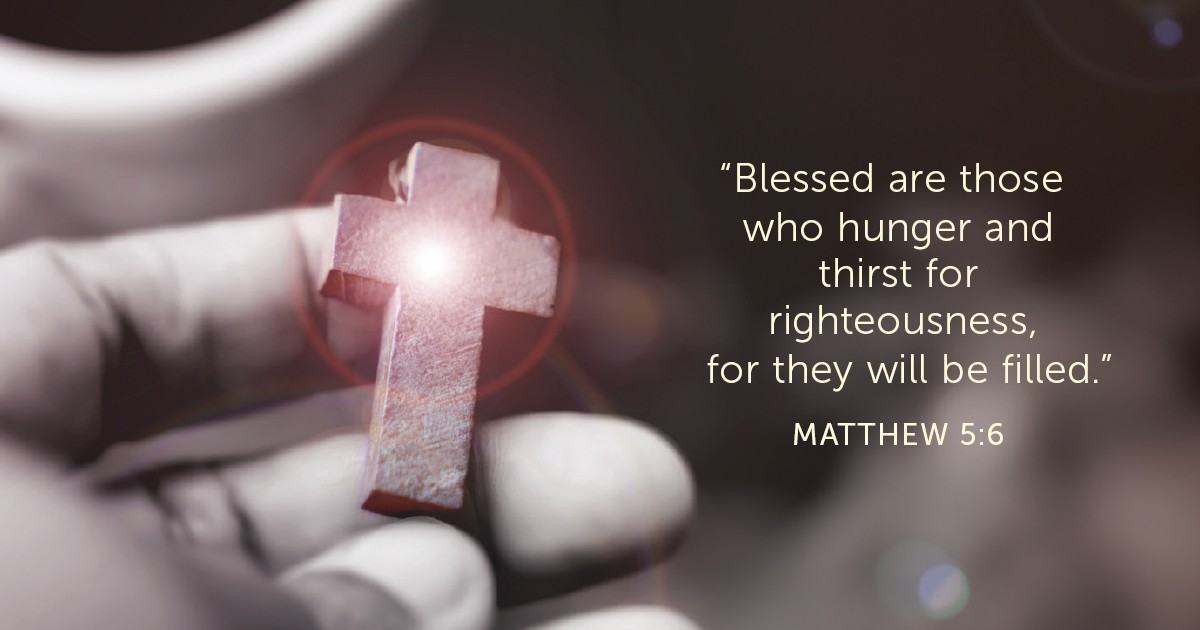Tuesday, January 20 was a historic day as the United States inaugurated its first African-American President. As the world watched this event, many First Nations people of Canada watched with hopefulness in our hearts. In interviews with local Aboriginal people, variations of the question “Does this pave the road for a First Nations Prime Minister in Canada?” provoked a variety of responses. As I pondered this question it led me to think about the process it takes for leadership to develop from an oppressed people group. Of course, I thought about the implications and relevance this has to the Church and our ministry with Aboriginal people.
Looking at our American neighbors we see the journey they have walked. They have journeyed from oppression to the civil rights movement. In the person of Dr. Martin Luther King, the voice of his people was heard worldwide. Soon after, affirmative action and equality recognized the potential and capabilities of the African-American people. The empowerment of leadership is clearly visible in the inauguration of Barack Obama.
Although the Americans are our neighbours, the journey for our Aboriginal people is most comparable with the Aboriginal people of Australia. In Canada, we have recently experienced some pivotal points for our Aboriginal people. The first began with the Royal Commission on Aboriginal People (RCAP) in 1996. The result of this inquiry led to the acknowledgement of the injustices and abuse toward the Aboriginal people. For many Canadians this was the first time they heard the history of our people from our own voice. The RCAP offered recommendations which have gradually seen some positive changes for our people.
The recent apology from Prime Minister Stephen Harper on June 11, 2008, was momentous to our people. It was crucial in that for the first time we heard the repentant words “we are sorry” spoken from the Prime Minister to our Aboriginal community.
To develop Indigenous leadership within the Church, the first step involves the journey to reconciliation. For reconciliation to happen, there must be confession of what has occurred. A few years ago I was privileged to attend The Salvation Army's Territorial Leader's Conference to share some of our 'story' as First Nations people in our Movement. It was difficult for my Aboriginal sisters and me to share our stories. And for that matter, I am certain it was difficult for those gathered to hear as well. Yet the hearing and the receiving of this led to a time of open confession regarding our shared history.
After confession comes repentance. As with many Aboriginal cultures, our tradition requires that the apology come directly from the leader of the group. For the Government of Canada this would be the Prime Minister. At the Territorial Leader's Conference, I was humbled that our Territorial Commander offered an apology to us and our people for the injustices that have occurred within our own denomination.
The next stage in the process is reconciliation where the pursuit of positive relationships between the two groups is developed. This requires acceptance while recognizing our distinctiveness as Aboriginal people. Encompassed in this, I would also add that validation and valuing the contribution we make is necessary as well. As important steps toward healing are taken, we find that the empowering of Aboriginal people, both individually and collectively, begins to happen.
So, will we ever see a First Nations leader as Prime Minister? I believe this is a possibility. More confidently, however, I believe we will see more Aboriginal people rise in leadership within the Church throughout North America.
 Captain Shari Russell and her husband, Robert, are the corps officers at Weetamah in Winnipeg, Manitoba. Shari also serves as the Territorial Aboriginal Ministries Liaison. Shari and Robert originally met in Winnipeg and were married there, so it is a joy for them to be back. They have three boys: CJ, Gavin and Brannon. As a family, they enjoy travelling, camping, playing sports and music.
Captain Shari Russell and her husband, Robert, are the corps officers at Weetamah in Winnipeg, Manitoba. Shari also serves as the Territorial Aboriginal Ministries Liaison. Shari and Robert originally met in Winnipeg and were married there, so it is a joy for them to be back. They have three boys: CJ, Gavin and Brannon. As a family, they enjoy travelling, camping, playing sports and music.
Looking at our American neighbors we see the journey they have walked. They have journeyed from oppression to the civil rights movement. In the person of Dr. Martin Luther King, the voice of his people was heard worldwide. Soon after, affirmative action and equality recognized the potential and capabilities of the African-American people. The empowerment of leadership is clearly visible in the inauguration of Barack Obama.
Although the Americans are our neighbours, the journey for our Aboriginal people is most comparable with the Aboriginal people of Australia. In Canada, we have recently experienced some pivotal points for our Aboriginal people. The first began with the Royal Commission on Aboriginal People (RCAP) in 1996. The result of this inquiry led to the acknowledgement of the injustices and abuse toward the Aboriginal people. For many Canadians this was the first time they heard the history of our people from our own voice. The RCAP offered recommendations which have gradually seen some positive changes for our people.
The recent apology from Prime Minister Stephen Harper on June 11, 2008, was momentous to our people. It was crucial in that for the first time we heard the repentant words “we are sorry” spoken from the Prime Minister to our Aboriginal community.
To develop Indigenous leadership within the Church, the first step involves the journey to reconciliation. For reconciliation to happen, there must be confession of what has occurred. A few years ago I was privileged to attend The Salvation Army's Territorial Leader's Conference to share some of our 'story' as First Nations people in our Movement. It was difficult for my Aboriginal sisters and me to share our stories. And for that matter, I am certain it was difficult for those gathered to hear as well. Yet the hearing and the receiving of this led to a time of open confession regarding our shared history.
After confession comes repentance. As with many Aboriginal cultures, our tradition requires that the apology come directly from the leader of the group. For the Government of Canada this would be the Prime Minister. At the Territorial Leader's Conference, I was humbled that our Territorial Commander offered an apology to us and our people for the injustices that have occurred within our own denomination.
The next stage in the process is reconciliation where the pursuit of positive relationships between the two groups is developed. This requires acceptance while recognizing our distinctiveness as Aboriginal people. Encompassed in this, I would also add that validation and valuing the contribution we make is necessary as well. As important steps toward healing are taken, we find that the empowering of Aboriginal people, both individually and collectively, begins to happen.
So, will we ever see a First Nations leader as Prime Minister? I believe this is a possibility. More confidently, however, I believe we will see more Aboriginal people rise in leadership within the Church throughout North America.
 Captain Shari Russell and her husband, Robert, are the corps officers at Weetamah in Winnipeg, Manitoba. Shari also serves as the Territorial Aboriginal Ministries Liaison. Shari and Robert originally met in Winnipeg and were married there, so it is a joy for them to be back. They have three boys: CJ, Gavin and Brannon. As a family, they enjoy travelling, camping, playing sports and music.
Captain Shari Russell and her husband, Robert, are the corps officers at Weetamah in Winnipeg, Manitoba. Shari also serves as the Territorial Aboriginal Ministries Liaison. Shari and Robert originally met in Winnipeg and were married there, so it is a joy for them to be back. They have three boys: CJ, Gavin and Brannon. As a family, they enjoy travelling, camping, playing sports and music.









Leave a Comment